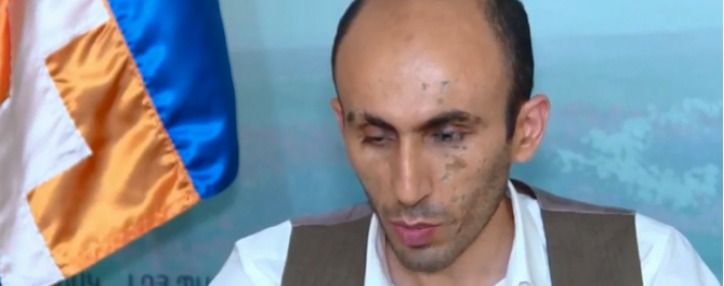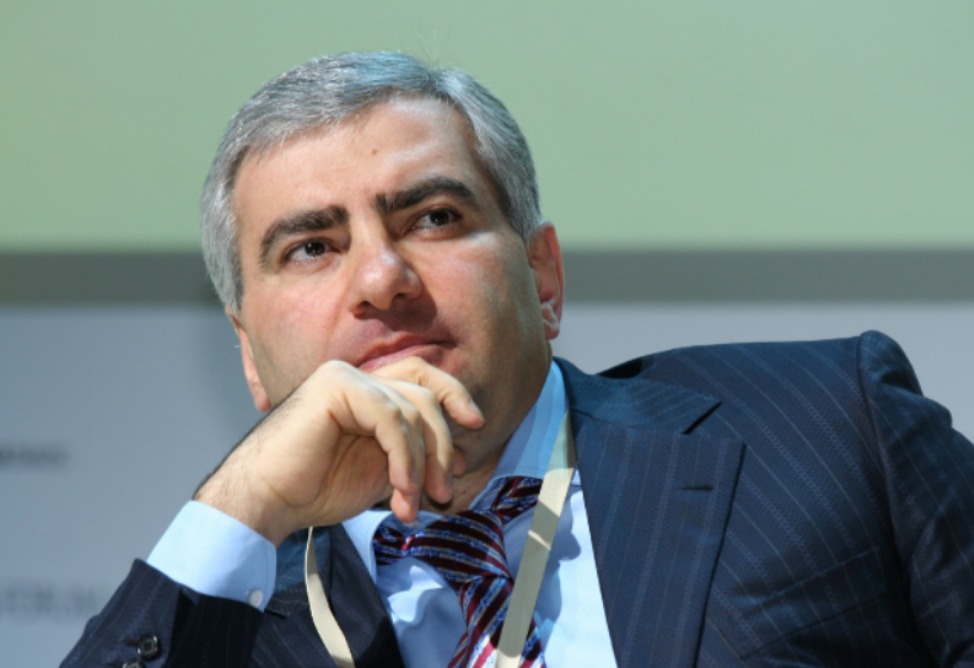Settlement of Nagorno-Karabakh conflict impossible in foreseeable future due to serious contradictions between Nagorno-Karabakh and Azerbaijan – Karabakh State Minister

YEREVAN, June 3. /ARKA/. The settlement of the Nagorno-Karabakh conflict is impossible in the foreseeable future due to serious contradictions in the positions of Nagorno-Karabakh and Azerbaijani authorities, Nagorno-Karabakh State Minister Artak Beglaryan told the Russian RIA Novosti.
"A comprehensive settlement of the Nagorno-Karabakh issue seems impossible in the foreseeable future because there are serious contradictions in the positions of Artsakh (Nagorno-Karabakh) and Azerbaijan - they are diametrically opposed," Beglaryan said.
He underlined that the main difference is that for Azerbaijan it is a question of "prestige and ambitions," while for Karabakh residents it is "a matter of life and death, their existence and historical justice.'
The authorities of the Nagorno-Karabakh are negotiating its official recognition with Yerevan, but there is no progress so far, Artak Beglaryan said.
"Negotiations are conducted with Armenia and contacts are held with regard to the recognition of Nagorno-Karabakh's independence but there is no progress on that issue yet," Beglaryan said.
According to him, one can say that Armenia has actually recognized Nagorno-Karabakh because horizontal ties are maintained between the two republics 'as equal with equal.'
The Nagorno-Karabakh conflict erupted into armed clashes after the collapse of the Soviet Union in the early 1990s as the predominantly Armenian-populated enclave of Azerbaijan sought to secede from Azerbaijan and declared its independence backed by a successful referendum.
On May 12, 1994, the Bishkek cease-fire agreement put an end to the military operations. A truce was brokered by Russia in 1994, although no permanent peace agreement was signed.
On September 27, 2020, Azerbaijani armed forces, backed by Turkey and foreign mercenaries and terrorists, attacked Nagorno-Karabakh along the entire front line using rocket and artillery weapons, heavy armored vehicles, military aircraft and prohibited types of weapons such as cluster bombs and phosphorus weapons.
After 44 days of the war, on November 9, the leaders of Russia, Azerbaijan and Armenia signed a statement on the cessation of all hostilities. According to the document, the town of Shushi, the districts of Agdam, Kelbajar and Lachin were handed over to Azerbaijan, with the exception of a 5-kilometer corridor connecting Karabakh with Armenia.
A Russian peacekeeping contingent was deployed along the contact line in Karabakh and along the Lachin corridor. -0-



